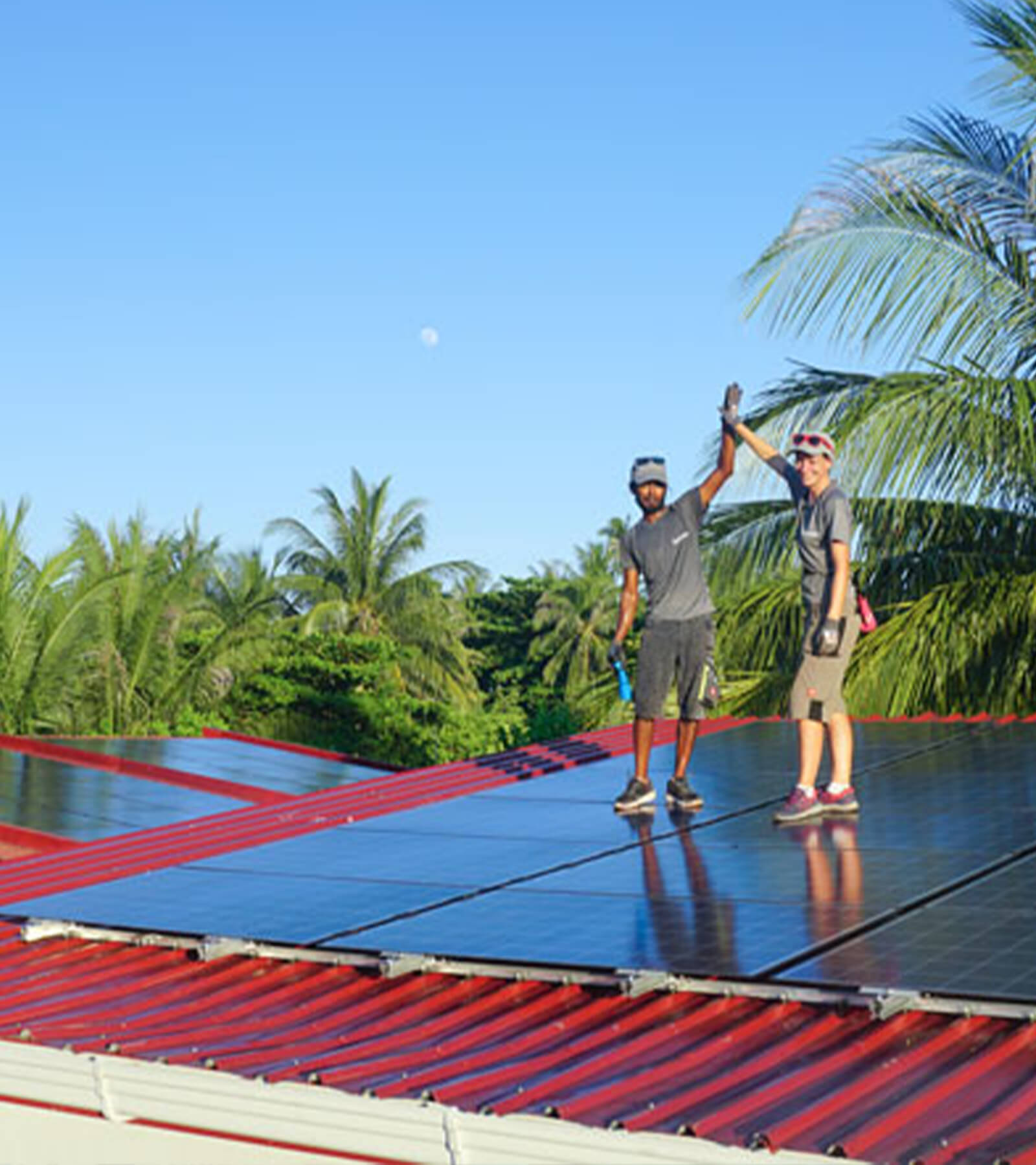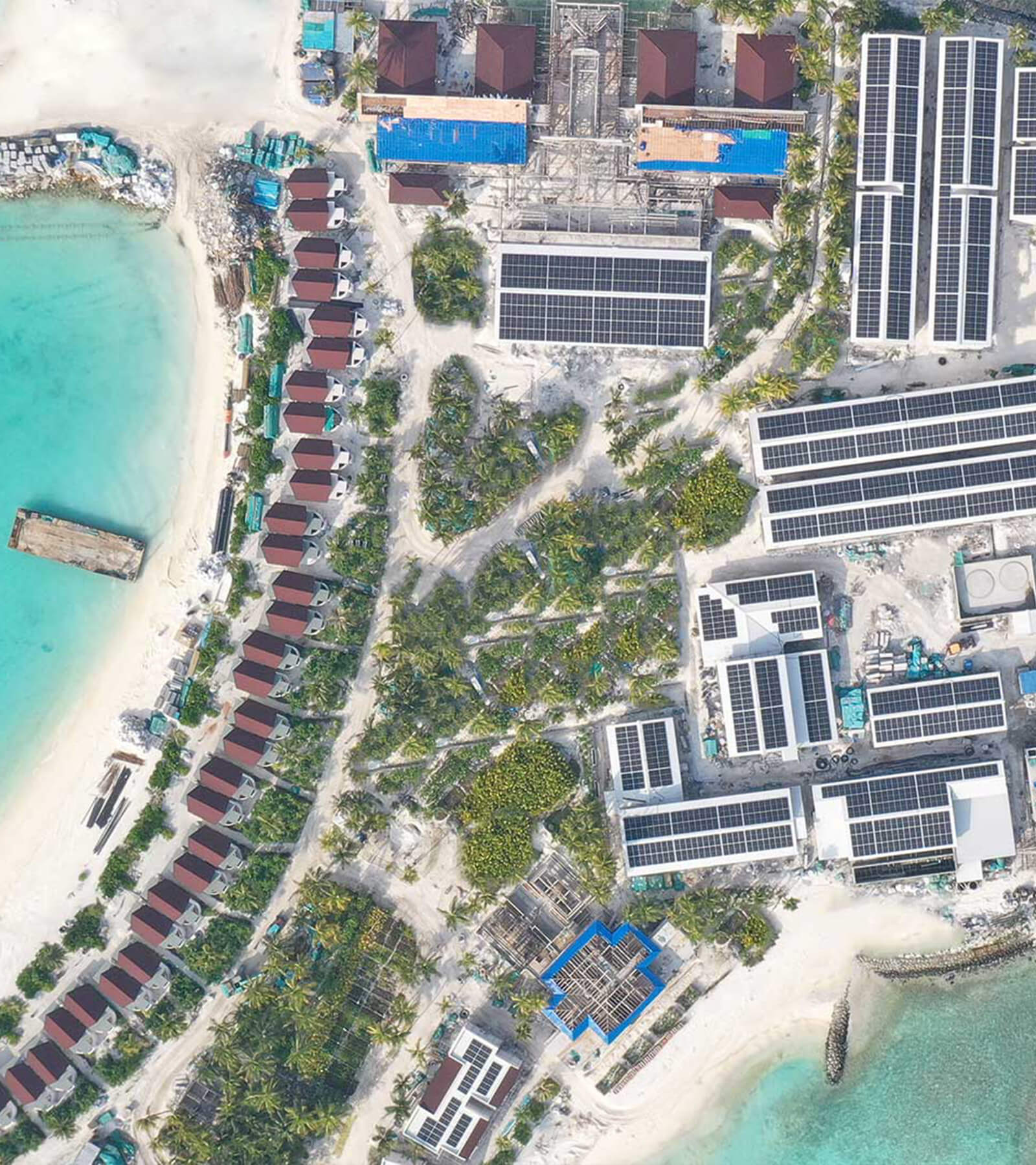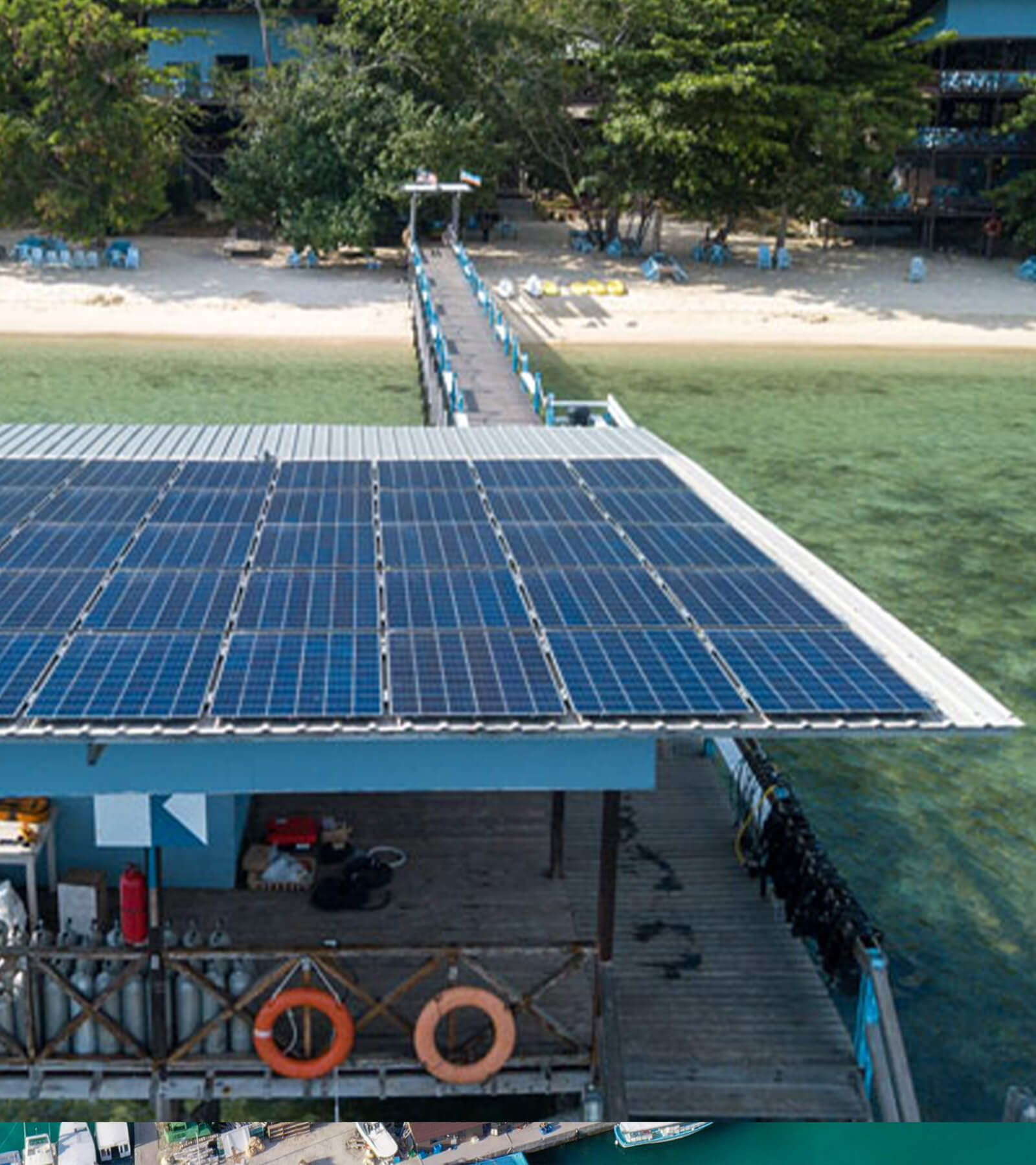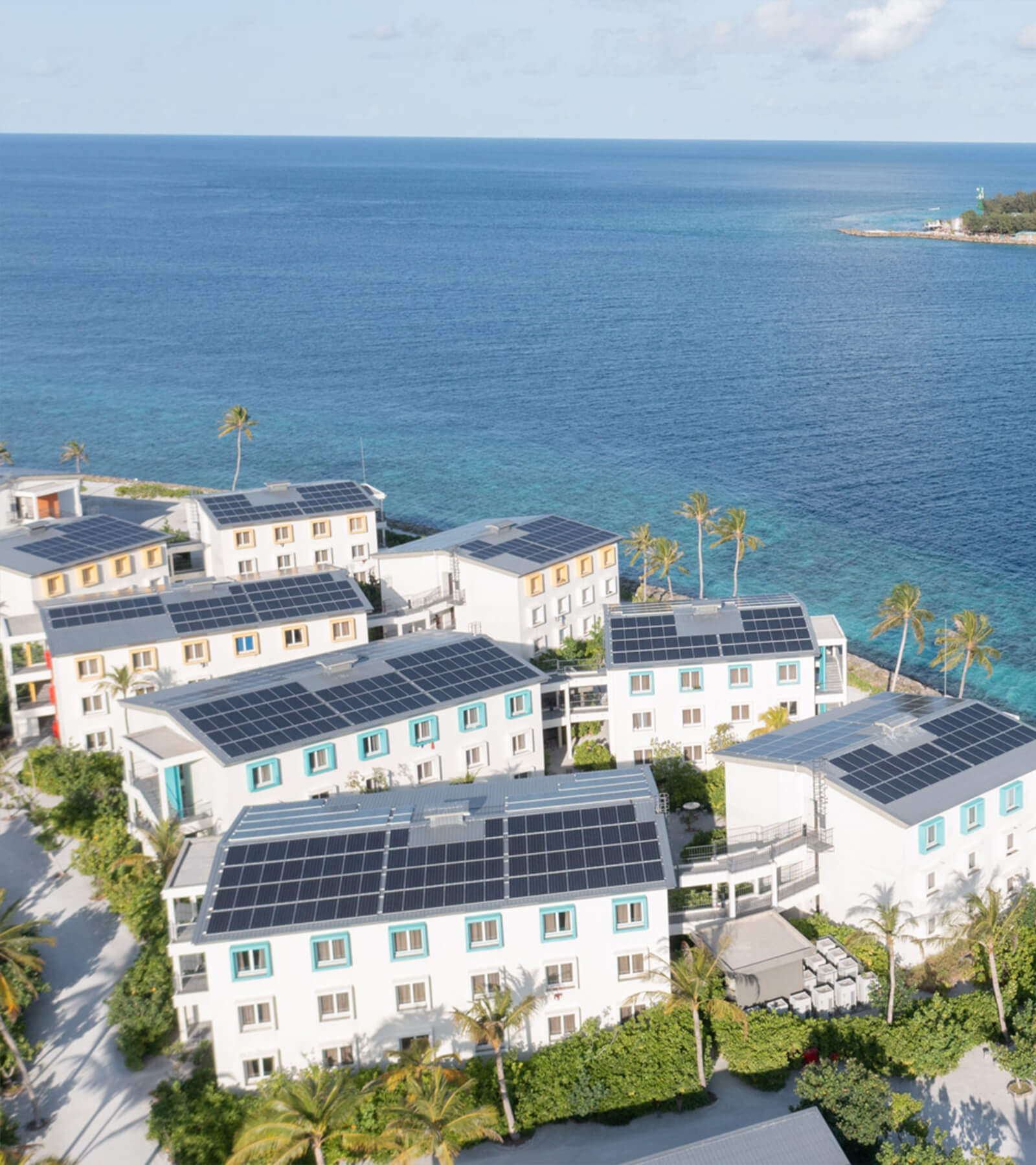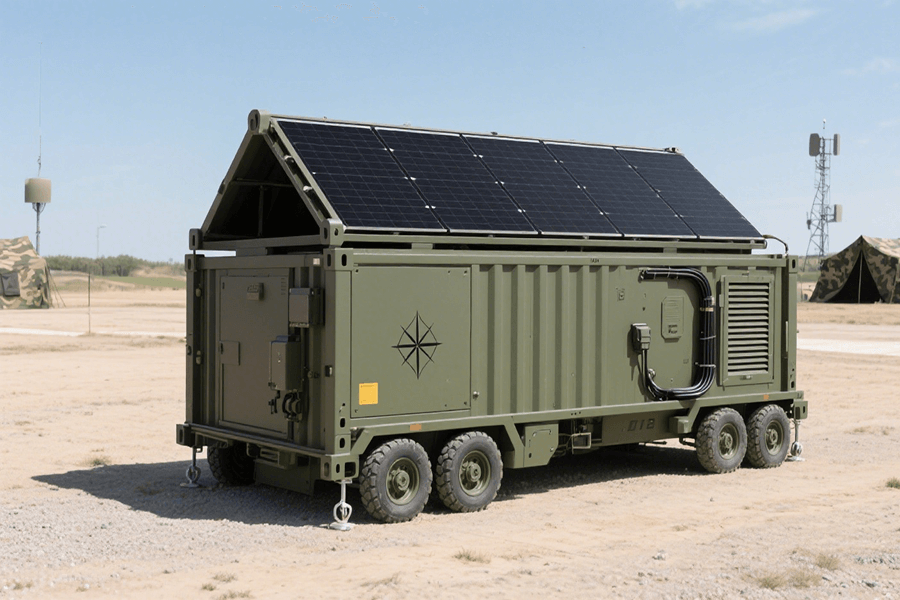
The Green Battle Cry of 2030
NATO’s 2030 renewable energy mandate isn’t just a memo filed in a Pentagon drawer—it’s a clarion call to arms for military logistics. By the end of the decade, a transformative target looms large: 25% of all military operation energy must stem from renewable sources. This ambitious goal is a dual – edged sword, encompassing both environmental stewardship and strategic imperatives. At the forefront of this energy revolution are off – grid bases, which have long been shackled by their reliance on diesel convoys. These convoys are not only slow – moving and exorbitantly costly but also present a vulnerable Achilles’ heel, prime targets for potential attacks.
Enter BESS Containers (Battery Energy Storage Systems), the game – changers in military energy infrastructure. Envision them as portable power bunkers—robust, intelligent, and engineered to outperform the archaic, diesel – dependent status quo. These self – contained units are designed with military – grade durability, capable of withstanding harsh climates, rough handling, and even the rigors of combat zones.
Why BESS Containers are a Strategic Imperative
The significance of BESS Containers becomes crystal clear when examining the data. A 2024 NATO report on energy security[^1] unearthed a remarkable revelation: bases that integrated renewable hybrids witnessed a staggering 40% reduction in operational downtime during supply chain disruptions. For EU military bases that span the vast expanse from the frigid Arctic Circle to the sun – drenched Mediterranean, BESS Containers are not a luxury; they are an absolute necessity—a secret weapon in the arsenal to meet the 2030 renewable energy target.
The Alarming Status Quo and the BESS Solution
A closer look at the EU military’s energy footprint paints a concerning picture:
| Metric | Value |
|---|---|
| Number of off – grid bases | Over 400 |
| Annual diesel consumption | Approximately 850 million gallons |
| Annual cost of diesel | Over €2.1 billion |
| Annual CO₂ emissions | 8.2 million tons |
These figures underscore the urgent need for change. When BESS Containers are seamlessly integrated with renewable energy sources such as solar panels and wind turbines, they have the potential to drive a significant reduction in both costs and emissions. Through intelligent energy management systems, BESS Containers can store excess renewable energy during peak production periods and release it when demand surges or renewable sources are less available, ensuring a stable and reliable power supply.
[^1]: NATO Energy Security Report 2024. Retrieved from https://www.nato.int/energysecurityreport2024
Tactical Advantages: BESS Containers in the Field
Rapid Deployment: 48 Hours or Less—Because War Doesn’t Wait
Military operations move at lightning speed, and power systems need to keep up. BESS Containers are designed for “drop-and-go” efficiency: fully operational within 48 hours of arrival, compared to 7–10 days for traditional generator setups.
Real-world example: During a 2025 EU military exercise in Romania, a 200kWh BESS Container was airlifted, connected to a 300kW solar array, and powering a field hospital within 32 hours. The alternative? Trucking in 5,000 gallons of diesel and waiting a week for generators to be calibrated. This rapid deployment isn’t just convenient—it’s a force multiplier. In emergency scenarios, like natural disasters or sudden troop deployments, the ability to establish a reliable power source quickly can mean the difference between mission success and failure.
| Scenario | Traditional Diesel | BESS Container + Solar | Time Savings |
|---|---|---|---|
| Field Base Setup | 7–10 days | 48 hours or less | 85%+ |
| Emergency Power Restore | 12–24 hours | 4–6 hours | 75% |
| Forward Operating Base | 5–7 days | 24–36 hours | 80% |
EMP Shielding: Invisible Armor Against the Apocalypse
Electromagnetic pulses (EMP)—from solar flares or cyberattacks—can fry unprotected electronics. BESS Containers come standard with MIL-STD-188-125-2 shielding, making them resistant to EMPs that would knock out conventional grids.
NASA’s 2025 forecast isn’t reassuring: a 15–20% chance of a Carrington-level solar flare (capable of disabling global power) in the next decade (source: NASA Solar Storm Projections). For bases in the Baltic States or the Balkans, where grid vulnerability is high, BESS Containers are a insurance policy against the lights going out mid-mission.
The EMP shielding works through a combination of conductive materials and grounding systems that divert electromagnetic energy away from critical components. This isn’t just theoretical—during a 2024 military test in Poland, a BESS Container withstood an EMP simulation that disabled nearby unprotected generator systems, continuing to power communication equipment without interruption.
Solar Synergy: Cutting Diesel Dependence by 65% (Yes, Really)
Pair a BESS Container with a 100–500kW solar array, and you’ve got a dynamic duo. The solar panels charge the battery during the day; the BESS discharges at night or during cloud cover, slashing diesel use by 65%—and with it, the need for vulnerable fuel convoys.
Cost breakdown: A mid-sized EU military base (500 personnel) using diesel alone spends €450,000 annually on fuel and logistics. With BESS + solar? That drops to €157,500—a savings of €292,500 per year (source: EU Defense Energy Efficiency Study 2025).
| Metric | Diesel-Only (Annual) | BESS + Solar (Annual) | Reduction |
|---|---|---|---|
| Fuel Consumption | 180,000 gallons | 63,000 gallons | 65% |
| Logistics Costs | €120,000 | €42,000 | 65% |
| Carbon Emissions | 1,800 tons CO₂ | 630 tons CO₂ | 65% |
| Maintenance Costs | €85,000 | €32,000 | 62% |
Case Study: The EU military base in Djibouti, a strategic location for anti-piracy operations, implemented a 400kW solar array with BESS Containers in 2023. In the first year, diesel consumption dropped by 68%, saving €310,000 and reducing the number of fuel convoys by 146—each of which had previously required armed escorts due to security risks.
Compliance and Integration: Powering Mission-Critical Operations
MIL-STD-810H Compliance: Surviving Where Even Penguins Complain
Military bases, by their very nature, are strategically positioned in some of the most inhospitable environments on the planet. From the frigid -40°C temperatures of Norway’s Finnmark region to the sweltering 55°C heat in Cyprus, the challenges are extreme. Yet, BESS Containers rise to the occasion, defying these harsh conditions with ease. Certified to MIL-STD-810H, these containers are engineered to endure a wide range of environmental stressors:
- Temperature Extremes: Capable of withstanding temperature swings from a bone-chilling -55°C to a searing +70°C, ensuring reliable operation in both Arctic and desert landscapes.
- Vibration Resistance: Built to endure the intense vibrations generated by armored vehicle transit, with an impressive 20g shock resistance rating. This rugged design safeguards the internal components, even in the most turbulent of terrains.
- High Humidity Tolerance: With the ability to operate in environments with humidity levels of up to 95%, BESS Containers are well-suited for jungle deployments and other moisture-rich settings.
- Salt Fog Exposure: A critical feature for naval and coastal bases, the containers’ resistance to salt fog corrosion ensures long-term durability in marine environments.
Real-world testing has further validated the BESS Containers’ exceptional performance. In a 2024 trial conducted in Svalbard, Norway, a BESS Container operated flawlessly for six months in -30°C conditions. In stark contrast, diesel generators required daily maintenance to prevent fuel gelling, highlighting the reliability and low-maintenance advantages of BESS technology. Similarly, in a 2025 trial in Cyprus, a BESS Container maintained optimal performance during a severe heatwave, with temperatures soaring to 52°C. Traditional generators, on the other hand, overheated and shut down repeatedly, underscoring the resilience of BESS Containers in extreme heat.
Smart Microgrid Integration: Power That Thinks for Itself
BESS Containers are not merely energy storage units; they serve as the intelligent core of a base’s energy ecosystem when integrated with smart microgrids. These sophisticated microgrids are designed to automatically balance multiple energy sources, including solar power, BESS storage, and backup diesel generators, ensuring uninterrupted power supply to mission-critical systems such as radar, communications, and medical equipment.
How It Works
During peak solar hours (between 10 AM and 3 PM), excess solar energy is harnessed to charge the BESS Containers. When cloud cover reduces solar input, the microgrid seamlessly switches to BESS discharge within a mere 0.3 seconds—faster than the blink of an eye. This rapid response time is particularly crucial for bases in unpredictable weather conditions, such as those in Italy’s Apennine Mountains, where sudden changes in weather can disrupt power supply. With BESS Containers and smart microgrids, blackouts during surveillance operations are a thing of the past.
The seamless integration of BESS Containers into microgrid systems is made possible by advanced Energy Management Systems (EMS) that leverage artificial intelligence (AI) and machine learning algorithms. These systems analyze historical data, weather forecasts, and real-time energy consumption patterns to accurately predict energy demand and solar production. For instance, at a Spanish military base in the Canary Islands, the EMS utilizes AI to forecast energy needs 24 hours in advance. This enables precise optimization of BESS charging and discharging cycles, minimizing diesel consumption while ensuring 100% power availability for critical systems. By intelligently managing energy resources, BESS Containers and smart microgrids not only enhance operational reliability but also contribute significantly to reducing the environmental footprint of military bases.
Conclusion: Certifications, Partnerships, and Why Maxbo Solar Is Your Co-Pilot
Defense-Grade Certifications: NATO’s Stamp of Approval
Not all BESS Containers are created equal. Look for those with:
- NATO Energy Security Certification: Ensures compliance with alliance-wide energy resilience standards, including rigorous testing for operational security and reliability.
- CE Marking for EU Defense: Validates safety and performance in EU military zones, covering everything from electromagnetic compatibility to environmental impact.
- ISO 27001: For data security, crucial as BESS systems become more connected and vulnerable to cyber threats.
These certifications aren’t just paperwork—they’re proof that the container won’t fail when a storm hits or a convoy is delayed.
Partnerships: EU Contractors, This Is Your Cue
EU defense contractors (think Leonardo, Thales, or Rheinmetall) stand to gain big. Partnering with BESS manufacturers lets them offer turnkey renewable energy solutions to military clients, tapping into a market projected to hit €2.3 billion by 2030 (source: Euromonitor International 2025).
Collaborations can take various forms, from joint 研发 (R&D) to co-branded solutions. For instance, a partnership between a BESS manufacturer and a defense contractor could result in specialized containers integrated with the contractor’s existing communication or surveillance systems, creating a more cohesive and efficient base infrastructure.
Maxbo Solar: We Speak Military (and Green)
Hi, I’m from Maxbo Solar, and we’ve built our BESS Containers with one mission: to help EU military bases crush NATO’s 2030 target.
- Our containers meet MIL-STD-810H and NATO Energy Security Certification—no cutting corners. We’ve invested over €12 million in R&D to ensure our systems exceed military standards.
- We’ve deployed 47 units across EU bases since 2023, with a 99.7% uptime rate. Our systems in Estonia’s Tapa Military Base and France’s Camp de Canjuers have consistently outperformed diesel alternatives in both cost savings and reliability.
- Need a custom solution? We’ll design a 100kW–2MWh system that integrates with your existing solar or microgrid—no “one-size-fits-all” nonsense. Our engineering team includes veterans with military logistics experience, so we understand the unique challenges of defense operations.
- We offer 24/7 technical support, with response times under 2 hours for critical issues—because in the military, downtime isn’t an option.
Check out our case studies at www.maxbo-solar.com, or drop us a line. The 2030 clock is ticking, and we’re ready to help you win the green energy battle.
P.S. Our containers also come with a 10-year warranty. Because in the military, reliability isn’t a feature—it’s a requirement.

